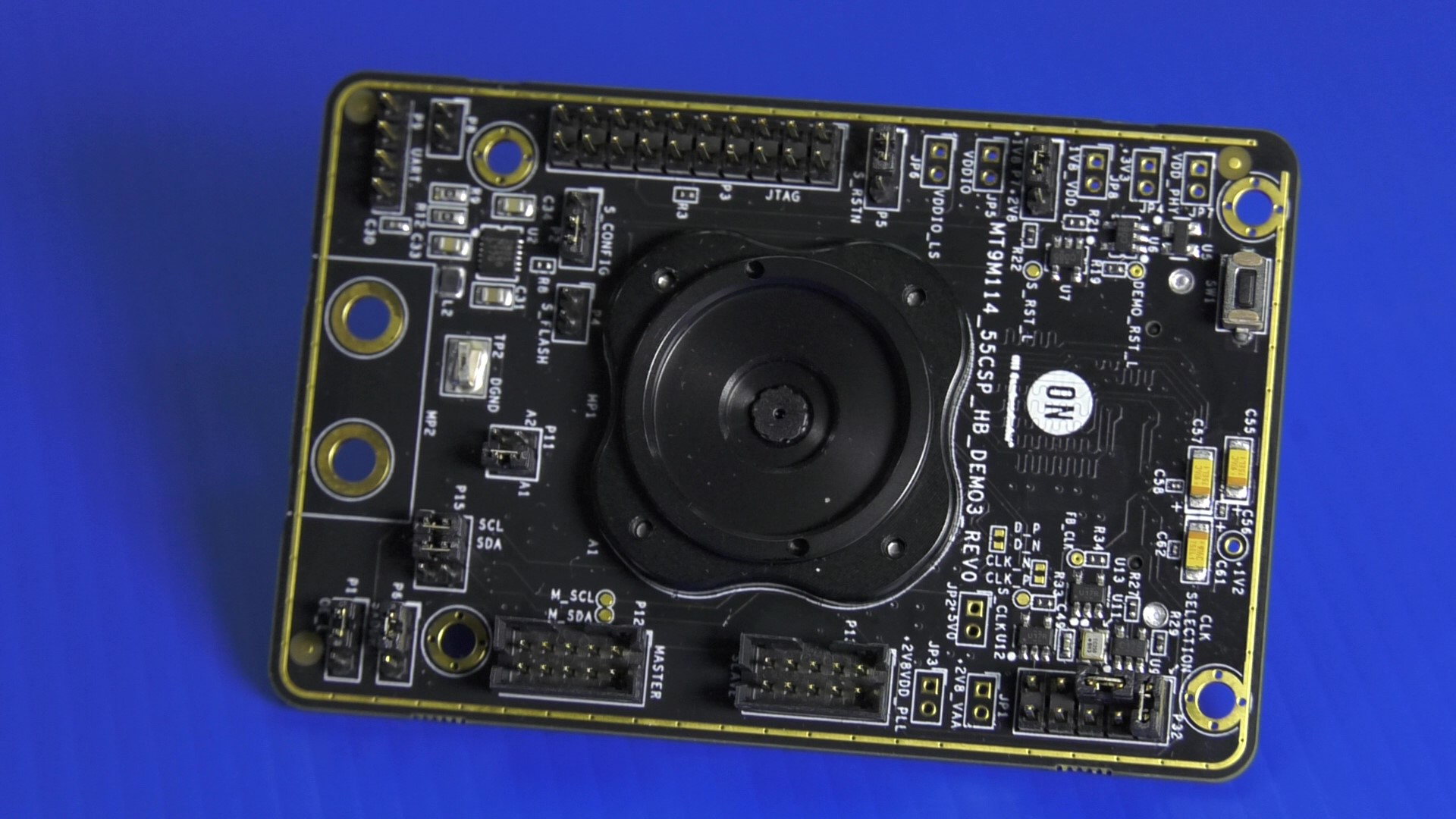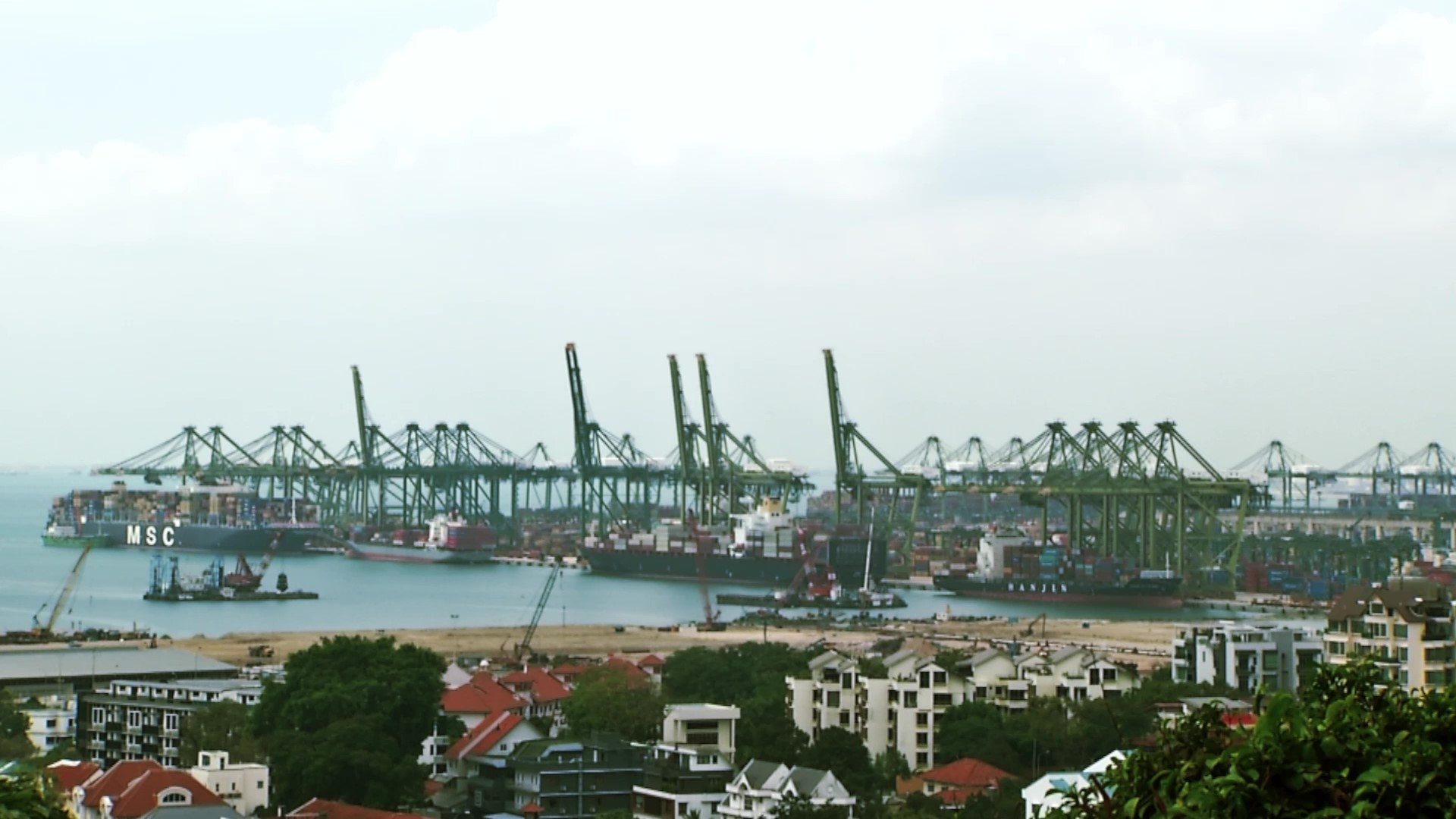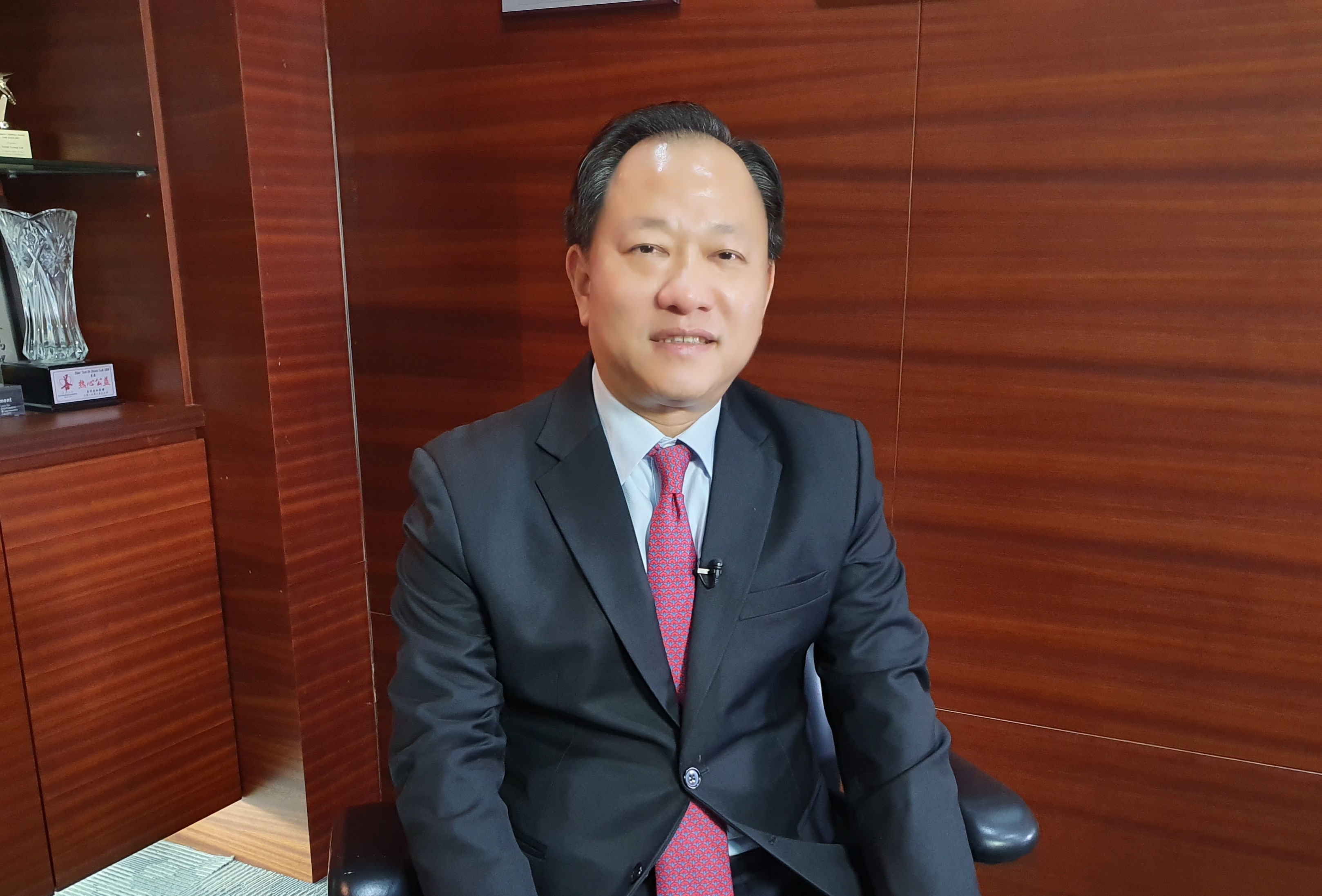
A regional hub for some of the biggest chip makers in the world, the Singapore semiconductor industry employs approximately 35,000 workers and accounts for more than seven percent of the country's economic output.
Driven by supply and demand, the industry has seen incredible highs and some unfortunate lows over the years. It was in the throes of yet another downturn on the back of a worldwide slump in the sale of consumer electronics in 2019. The situation was exacerbated by the trade tensions between the world's biggest economies – the United States and China.
Caught in the crossfire and facing tariffs and restrictions in dealings with one of the biggest telecom equipment makers, Huawei, companies were forced to restrict production and investment, with some even considering layoffs.
"2019 was a tough year (for Singapore), and unfortunately, it was driven by the trade tensions between the U.S. and China. Companies had slower (production), lesser orders in that sense, so they did not build up stocks," explained Ang Wee Seng, executive director of the Singapore Semiconductor Industry Association (SSIA).
Within the industry, the word semiconductor is an umbrella term for companies that design, manufacture, test and supply electronic components for products like mobile phones, computers, and so on.
The global semiconductor market is estimated to have declined by 12.8 percent last year, according to World Semiconductor Trade Statistics. Singapore's electronics manufacturing cluster registered a decline of 20.9 percent in November 2019.
"The entire demand of the world, especially from China, is greatly affected," said Ang. "Companies are more cautious when it comes to producing and making the orders. That's the primary reason we are seeing slower manufacturing in Singapore, in the region, in fact, in the world."
AEM Holdings is a publicly listed company that provides advanced test solutions for the semiconductor and electronics industries. AEM's CEO, Chok Yean Hung, blamed the trade tensions for precipitating uncertainty and confusion in the market.
"The anxiety is killing. The anxiety and the worry about the people holding back in terms of consumption and investment," he said.

Industry insiders are optimistic that the phase one trade deal will help ease anxiety in the market. / CGTN Photo
Industry insiders are optimistic that the phase one trade deal will help ease anxiety in the market. / CGTN Photo
The outlook for 2020, however, is far more optimistic, and one of the biggest reasons is the phase one trade deal between the U.S. and China.
The de-escalation in tensions was met with a collective cheer across the globe from businesses and consumers alike. The deal is being seen as a positive step toward easing sentiments and bringing a level of certainty to the market.
Ang called it a "step in the right direction."
"This is hopefully the start of a brighter future, and there is definitely light at the end of the tunnel now. Companies are happy about it,"he said.
"Once the phase one is signed, it will probably stabilize the people's emotions and improve their willingness to invest and the willingness to consume," said Chok. "If you think about these things, in the third and fourth quarter there were signs that semiconductor (industry) may be hitting the bottom and it is about to turn around."

Serial System CEO Derek Goh at his office in Singapore. /CGTN Photo
Serial System CEO Derek Goh at his office in Singapore. /CGTN Photo
Serial System is a Singapore-based distributor of electronic components and consumer products in Asia. Looking beyond the trade deal, Serial System group CEO Derek Goh said technological advancements, such as the Internet of Things, 5G, artificial intelligence and autonomous cars will help lead the industry toward a path of recovery – but even more so when the tariffs are removed.
"The semiconductors components definitely will occupy a bigger role," Goh added. "I find if the tariff is not being imposed, the economy should be much better than 2019."
Meanwhile, Chok sees 2020 and 2021 as inflection points in terms of technology, especially as it relates to 5G development.
He said, "Investment in terms of the development of devices and deployment would be another 'killer app' that would propel semiconductor to the next high."
Ang agreed, adding that the "technologists are waiting, those are still the drivers of the demand of the world."
"Countries are still installing the 5G network. The infrastructure is still being put in place; cars are still getting more and more automated. The demand will still be there. The question is, how fast can Singapore ramp up," he said.
However, despite the positive sentiment, some insiders remain wary.
According to Chok, "the U.S. elections are an unknown, trade war is an unknown," and these things combined make for a lot of anxiety among stakeholders in the market.
"We can't control it; we can't manage it. So, we have to make sure we manage our operations and our expenses, just in case," Goh concluded.